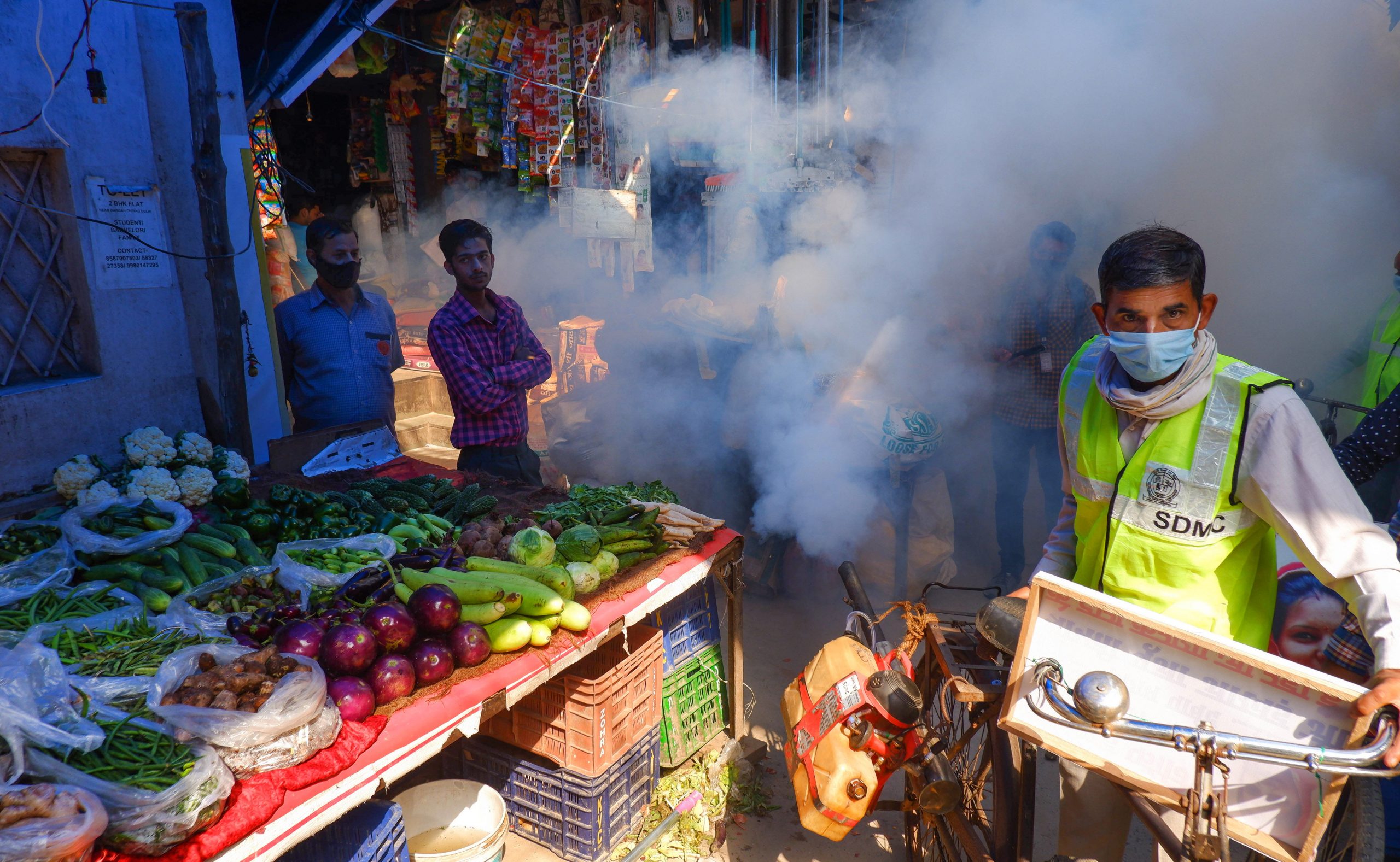A severe outbreak of dengue in New Delhi has caused a rise in cases of multi-organ failures, according to doctors. The national capital’s dengue death toll reached nine after three more deaths on Monday, highest in a season since 2017, when the mosquito-borne infection had claimed ten lives. Delhi logged 1,171 dengue cases from November 1-6, after reporting 1,196 through October and 217 in September (the highest for that month in three years).
Dengue has been more severe in Delhi this year, said Dr SK Sarin, Vice Chancellor Institute of Liver and Biliary Sciences (ILBS).
Dengue outbreak in Delhi, 8 states: All you need to know
People who have got dengue in the past have also been infected, indicating that there are four serotypes, Sarin, who also heads the Delhi government’s panel on COVID-19, told NDTV.
“One serotype can protect you from not having it again. But it does not protect you from having another serotype,” he said.
Cases of Zika virus surge close to 100 in Kanpur
Dengue patients have been admitted with vomiting, nasal bleed, and liver failure. In two to three cases per week, patients are being admitted with severe liver failure, kidney failure, or brain failure.
“And the time is so short. From the time they have, they’re not having that much platelet reduction but organ failure, which is rather a bit unusual,” said Dr Sarin.
The World Health Organisation (WHO) says severe dengue causes reduction in blood pressure and is a leading cause of serious illness and death.
Why are viral fever cases rising in India?
This year, liver enzymes in dengue patients have gone up to 7,000-10,000, instead of the usual range of 300-500, Dr Sarin said.
He cautioned against the use of Aspirin or Ibuprofen in patients with fever as such medicines can increase the chances of bleeding. Instead, they should be given Paracetamol and kept hydrated so that they can reach the hospital in time.
The Delhi High Court on Tuesday sought response of the city government and North Delhi Municipal Corporation on a plea for taking steps to control the dengue outbreak.
(With PTI inputs)







